Opa (Banbala nuts)
$5.58 – $258.97
$4.65 – $215.80
Banbala nuts are a type of edible nut that is native to the northern part of Nigeria. They are a popular snack food and are often used in traditional Nigerian dishes. Cidac is a Nigerian food company that produces a variety of traditional Nigerian foods, including banbala nuts. The company sources its banbala nuts from farmers in the northern part of Nigeria and uses a traditional processing method to produce the product. The banbala nuts are then packaged and sold to consumers.
Guarantee Safe Checkout![]()
Description
Description
Banbala nuts are a type of edible nut that is native to the northern part of Nigeria. They are a popular snack food and are often used in traditional Nigerian dishes. Cidac is a Nigerian food company that produces a variety of traditional Nigerian foods, including banbala nuts. The company sources its banbala nuts from farmers in the northern part of Nigeria and uses a traditional processing method to produce the product. The banbala nuts are then packaged and sold to consumers.
Additional information
Additional information
| Weight | N/A |
|---|---|
| Weight | 1kg (2.205lbs), 5Kg (11.025lbs), 10Kg (22.05lbs), 25Kg (55.125lbs), 50Kg (110.25lbs) |
Reviews (0)
Quick Comparison
| Settings | Opa (Banbala nuts) remove | Tinco (Dried Beef) remove | Dried Ugba remove | Ofor remove | Tigernuts remove | Achi remove | ||||||||||||||||||||||
|---|---|---|---|---|---|---|---|---|---|---|---|---|---|---|---|---|---|---|---|---|---|---|---|---|---|---|---|---|
| Name | Opa (Banbala nuts) remove | Tinco (Dried Beef) remove | Dried Ugba remove | Ofor remove | Tigernuts remove | Achi remove | ||||||||||||||||||||||
| Image | 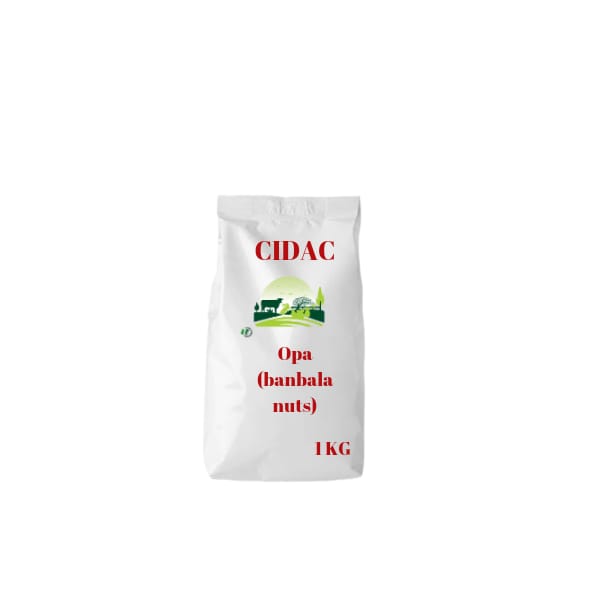 | 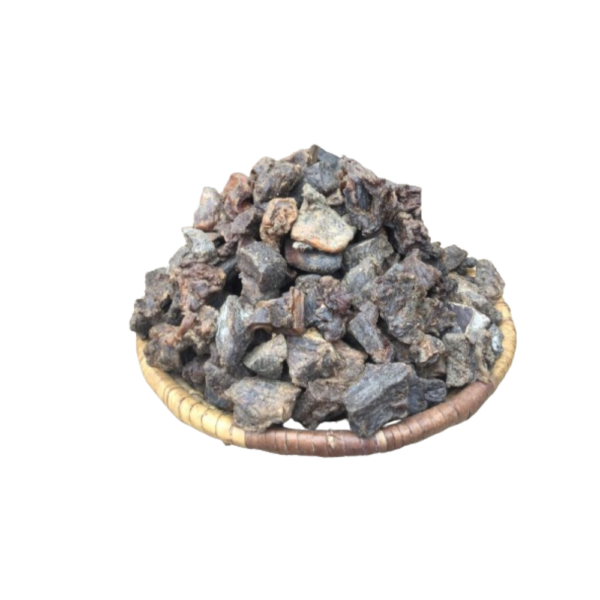 | 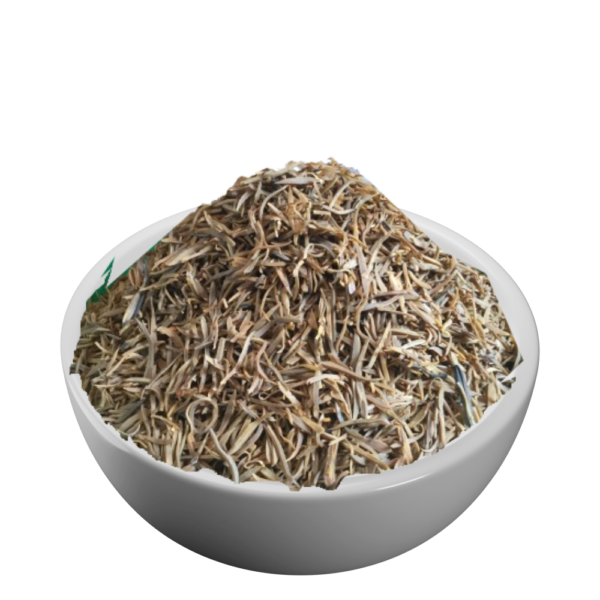 | 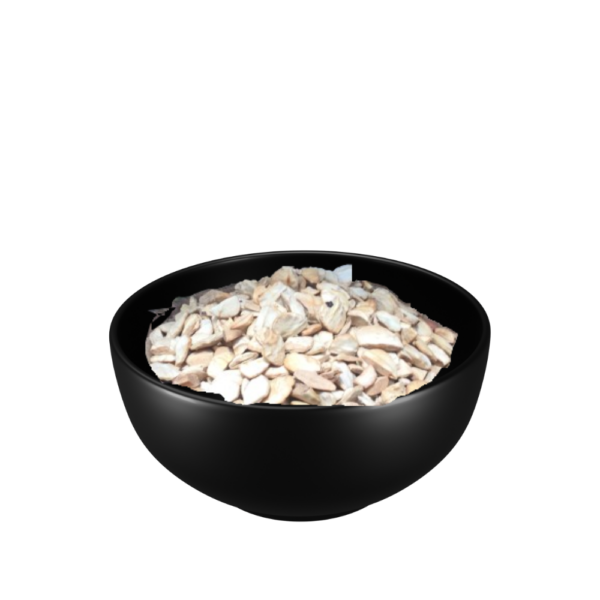 | 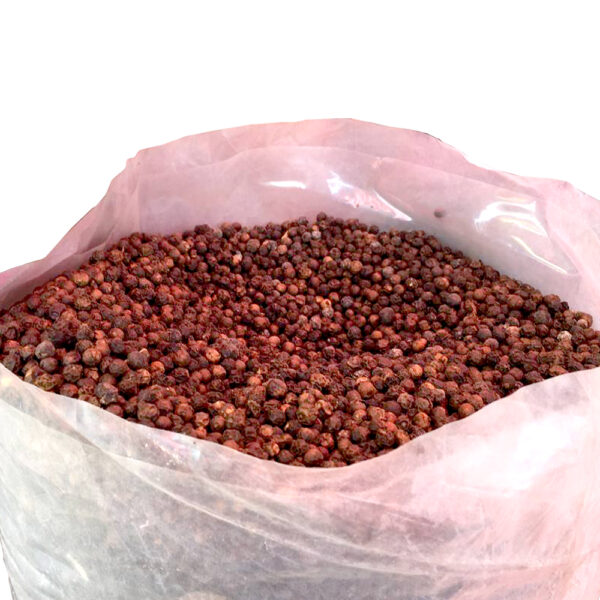 | 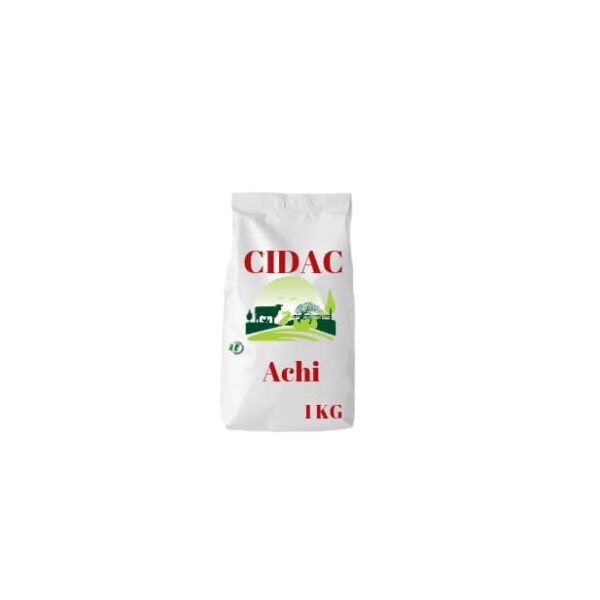 | ||||||||||||||||||||||
| SKU | ||||||||||||||||||||||||||||
| Rating | ||||||||||||||||||||||||||||
| Price | $4.65 – $215.80 | $3.73 – $512.09 | $11.88 – $577.44 | $8.83 – $424.94 | $4.69 – $217.98 | $7.33 – $350.00 | ||||||||||||||||||||||
| Stock | ||||||||||||||||||||||||||||
| Availability | ||||||||||||||||||||||||||||
| Add to cart | ||||||||||||||||||||||||||||
| Description | Banbala nuts are a type of edible nut that is native to the northern part of Nigeria. They are a popular snack food and are often used in traditional Nigerian dishes. Cidac is a Nigerian food company that produces a variety of traditional Nigerian foods, including banbala nuts. The company sources its banbala nuts from farmers in the northern part of Nigeria and uses a traditional processing method to produce the product. The banbala nuts are then packaged and sold to consumers. | Cidac sources its Tinko dried meat from the northern part of Nigeria, where it is traditionally made by local butchers and farmers. The beef used for Tinko is typically sourced from cows that are raised on small farms and fed a natural diet of grass and other vegetation. Once the meat is fully dried, it is packaged and ready to be sold. Cidac's'Tinko dried meat is a high-quality product that is enjoyed by many people in Nigeria and beyond. | Ugba leaves, also known as African locust bean leaves, are a common ingredient in Nigerian cuisine. They are used to flavor soups, stews, and sauces. Cidac sources its Ugba leaves from the southern part of Nigeria, where they are grown in abundance. The leaves are harvested and then hydrated, which helps to preserve their flavor. Dried Ugba leaves can be stored for long periods of time and used as needed. | Ofor is a type of fermented cassava product traditionally produced in the southern part of Nigeria. It is a popular ingredient in Nigerian cuisine and is used to make a variety of dishes, including soups, stews, and porridges. Cidac is a Nigerian food company that produces a variety of traditional Nigerian foods, including Ofor. The company sources its Ofor from farmers in the southern part of Nigeria and uses a traditional fermentation process to produce the product. The Ofor is then packaged and sold to consumers. Cidac's Ofor is a high-quality product that is made using traditional methods. The product is also affordable and accessible to consumers. Cidac's Ofor is a great option for people who are looking for a healthy and delicious way to enjoy traditional Nigerian cuisine. | Despite the name, tiger nuts are not actual nuts but rather small root vegetables. They have a sweet, nutty flavor and a chewy texture, making them a popular snack and ingredient in various culinary preparations such as beverages, desserts, and baked goods. Tiger nuts are also known for their nutritional benefits, being rich in fiber, healthy fats, vitamins, and minerals. | Achi is a fermented corn product that is a popular ingredient in Nigerian cuisine. It is made from corn that has been soaked in water and then fermented with a starter culture. Cidac sources its Achi from the southern part of Nigeria, where it is traditionally produced. The Achi is processed by soaking the corn in water for several days, until it becomes soft and mushy. The corn is then mixed with a starter culture and fermented for several more days. The fermented corn is then dried and ground into a powder. Achi can be used as a thickening agent in soups and stews, or it can be added to porridge or rice to give it a more flavorful taste. | ||||||||||||||||||||||
| Content | Banbala nuts are a type of edible nut that is native to the northern part of Nigeria. They are a popular snack food and are often used in traditional Nigerian dishes. Cidac is a Nigerian food company that produces a variety of traditional Nigerian foods, including banbala nuts. The company sources its banbala nuts from farmers in the northern part of Nigeria and uses a traditional processing method to produce the product. The banbala nuts are then packaged and sold to consumers. | Cidac sources its Tinco dried meat from the northern part of Nigeria, where it is traditionally made by local butchers and farmers. The beef used for Tinco is typically sourced from cows that are raised on small farms and fed a natural diet of grass and other vegetation. Once the meat is fully dried, it is packaged and ready to be sold. Cidac's' Tinco dried meat is a high-quality product that is enjoyed by many people in Nigeria and beyond. | Ugba leaves, also known as African locust bean leaves, are a common ingredient in Nigerian cuisine. They are used to flavor soups, stews, and sauces. Cidac sources its Ugba leaves from the southern part of Nigeria, where they are grown in abundance. The leaves are harvested and then hydrated, which helps to preserve their flavor. Dried Ugba leaves can be stored for long periods of time and used as needed. | Ofor is a type of fermented cassava product traditionally produced in the southern part of Nigeria. It is a popular ingredient in Nigerian cuisine and is used to make a variety of dishes, including soups, stews, and porridges. Cidac is a Nigerian food company that produces a variety of traditional Nigerian foods, including Ofor. The company sources its Ofor from farmers in the southern part of Nigeria and uses a traditional fermentation process to produce the product. The Ofor is then packaged and sold to consumers. Cidac's Ofor is a high-quality product that is made using traditional methods. The product is also affordable and accessible to consumers. Cidac's Ofor is a great option for people who are looking for a healthy and delicious way to enjoy traditional Nigerian cuisine. | Despite the name, tiger nuts are not actual nuts but rather small root vegetables. They have a sweet, nutty flavor and a chewy texture, making them a popular snack and ingredient in various culinary preparations such as beverages, desserts, and baked goods. Tiger nuts are also known for their nutritional benefits, being rich in fiber, healthy fats, vitamins, and minerals. | Achi is a fermented corn product that is a popular ingredient in Nigerian cuisine. It is made from corn that has been soaked in water and then fermented with a starter culture. Cidac sources its Achi from the southern part of Nigeria, where it is traditionally produced. The Achi is processed by soaking the corn in water for several days, until it becomes soft and mushy. The corn is then mixed with a starter culture and fermented for several more days. The fermented corn is then dried and ground into a powder. Achi can be used as a thickening agent in soups and stews, or it can be added to porridge or rice to give it a more flavorful taste. | ||||||||||||||||||||||
| Weight | N/A | N/A | N/A | N/A | 0.5 kg | N/A | ||||||||||||||||||||||
| Dimensions | N/A | N/A | N/A | N/A | N/A | N/A | ||||||||||||||||||||||
| Additional information |
|
|
|
|
|
|


Reviews
There are no reviews yet.